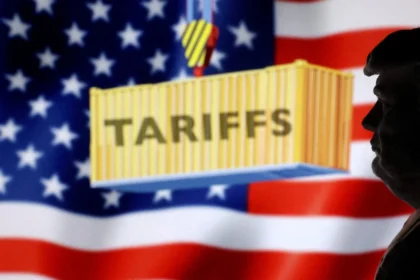Numerous people cautioned that Mexico was headed toward becoming another Venezuela when leftist nationalist Andrés Manuel López Obrador, the head of the Movement of National Rejuvenation (Morena), was elected president in 2018. However, Mr. Obrador disproved his detractors by combining fiscal responsibility with populism and moving Mexico’s politics, which had been controlled for more than 70 years by the pro-American, center-right Institutional Revolutionary Party (PRI), to the left.
The former mayor of Mexico City, who was well-known for taking decisive action against violent crimes, received 58.6% of the vote, while her opponent, Xóchitl Gálvez, who ran as a joint candidate for three opposition parties, received 28.4%. Furthermore, Morena secured a two-thirds majority in Parliament, making Ms. Sheinbaum the first leader to do so in more than 30 years and capable of pursuing constitutional amendments.
The election of Mr. Obrador in 2018 brought about a radical change in Mexican politics. He pledged to initiate a massive public spending program and put an end to pervasive corruption. However, in contrast to a number of other populists in the area, he took a practical stance and tried to enact changes gradually. Without endangering the nation’s economic stability, he implemented cash handouts of roughly $350 for the elderly and $50 monthly scholarships for students, in addition to initiating reforestation grants in rural areas.
Also Read:
India’s Green Technology Revolution: $1.5 Billion in Funding is Driven by Startups




